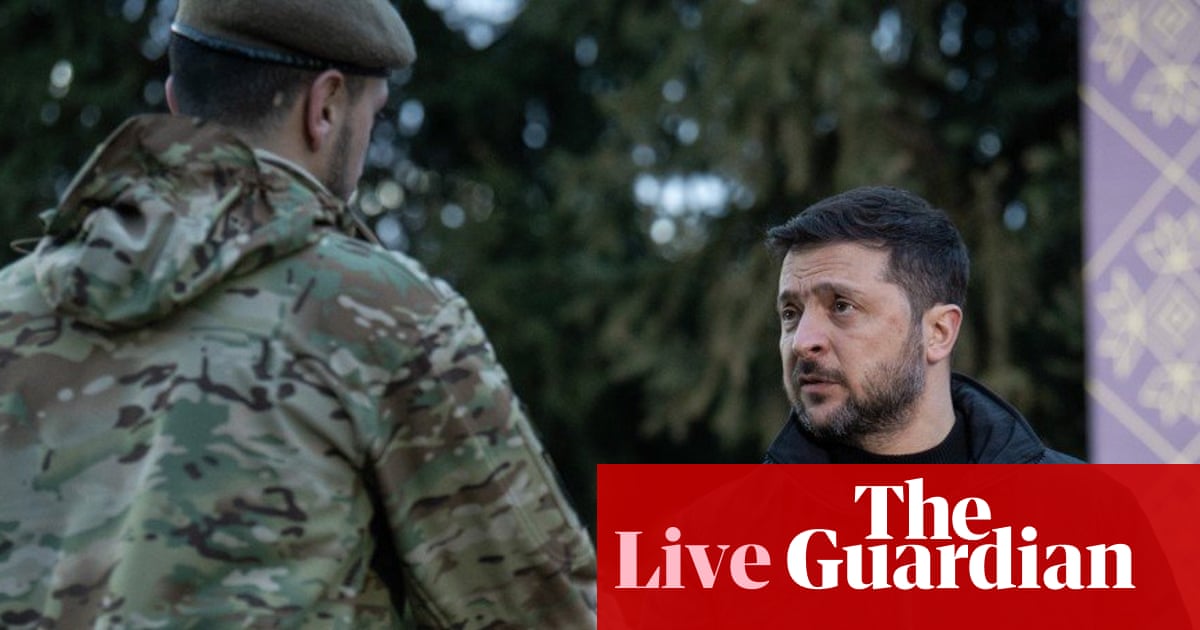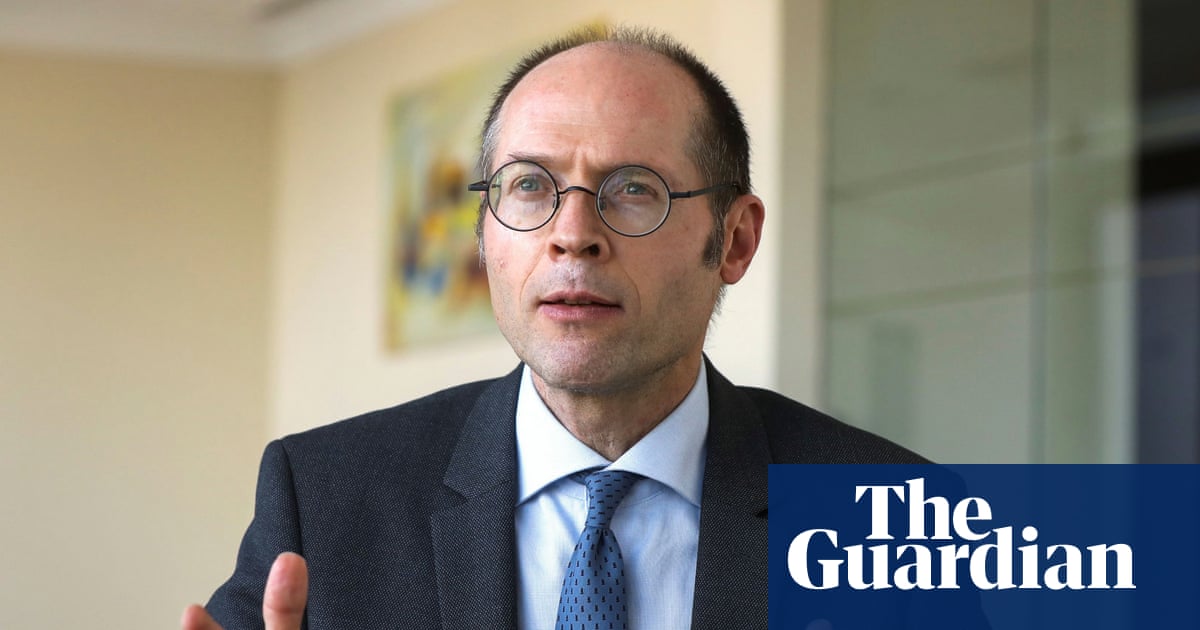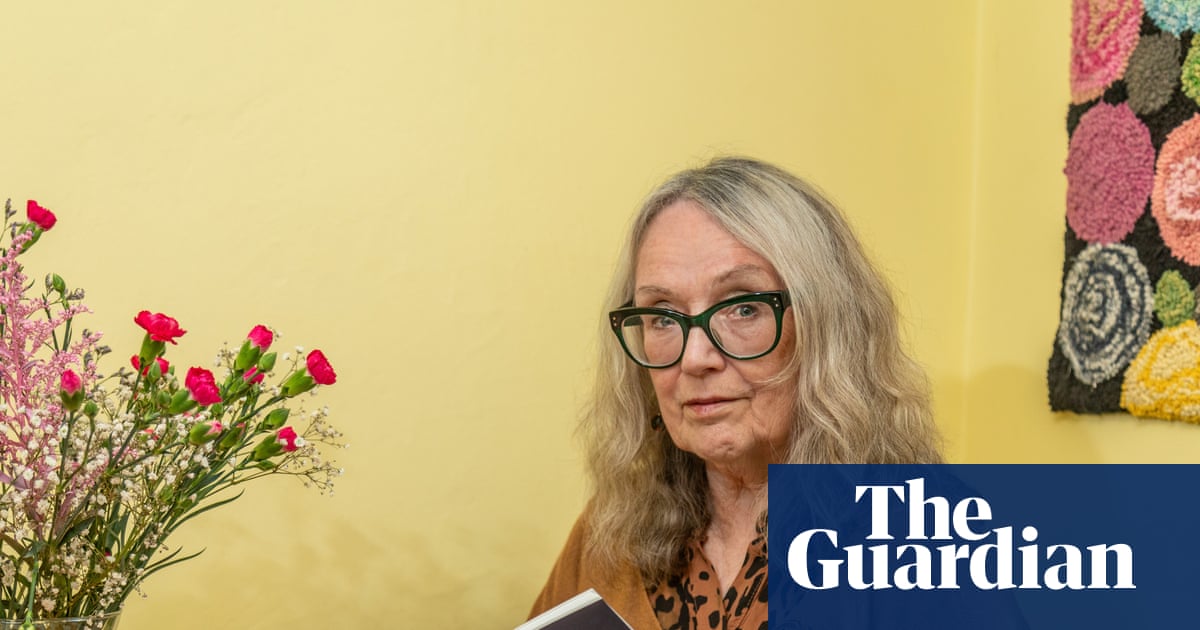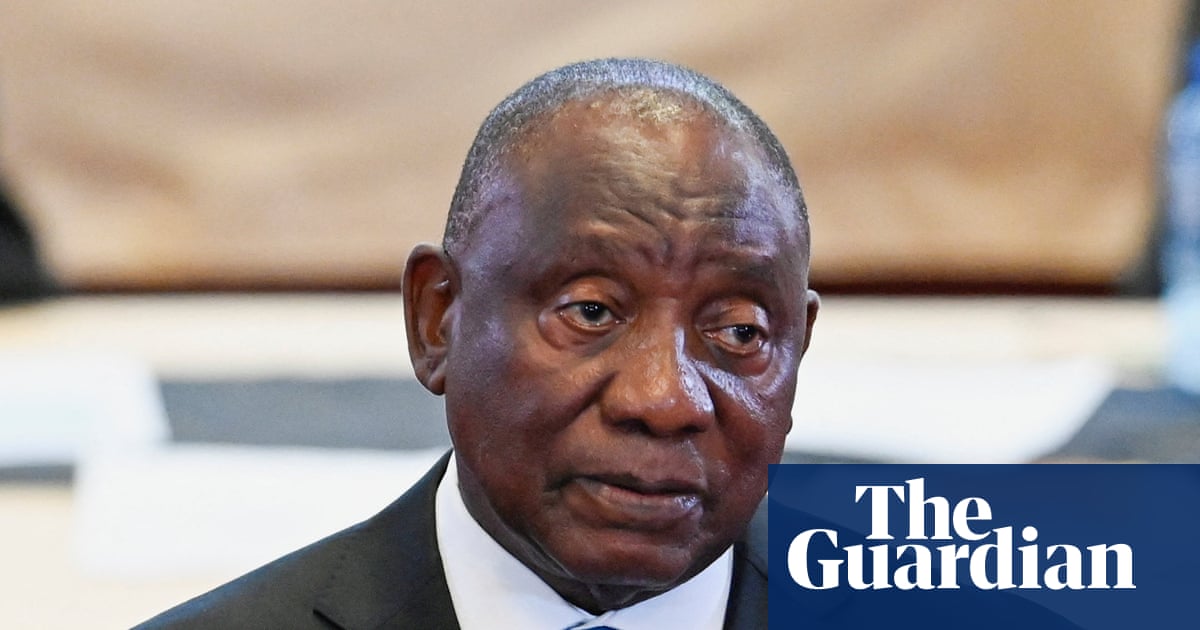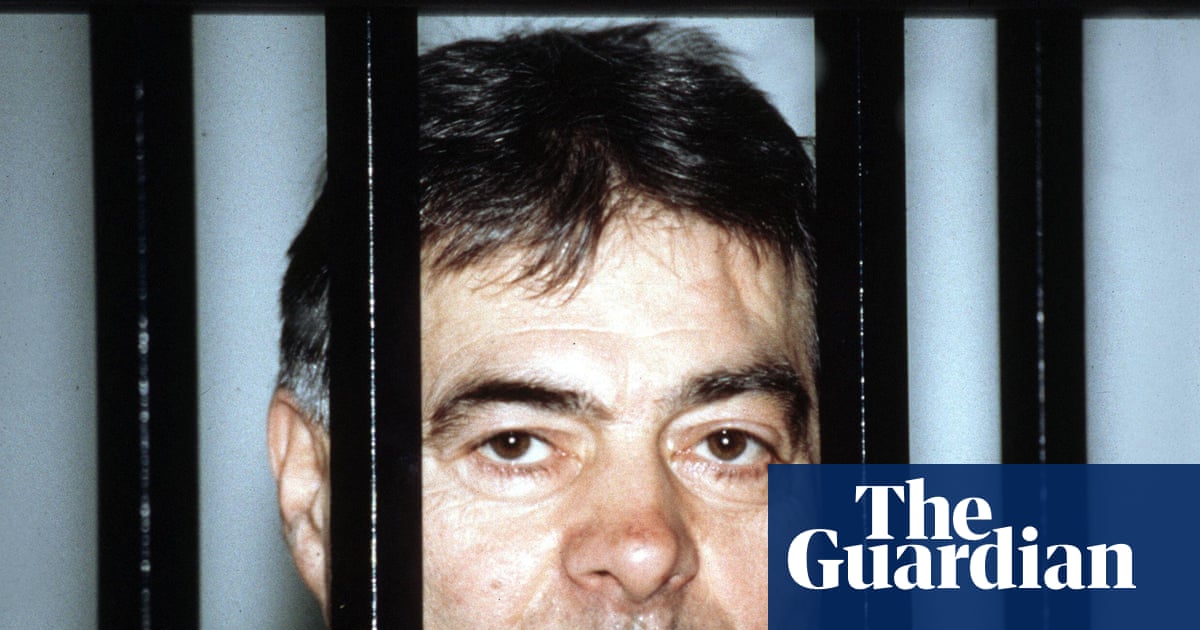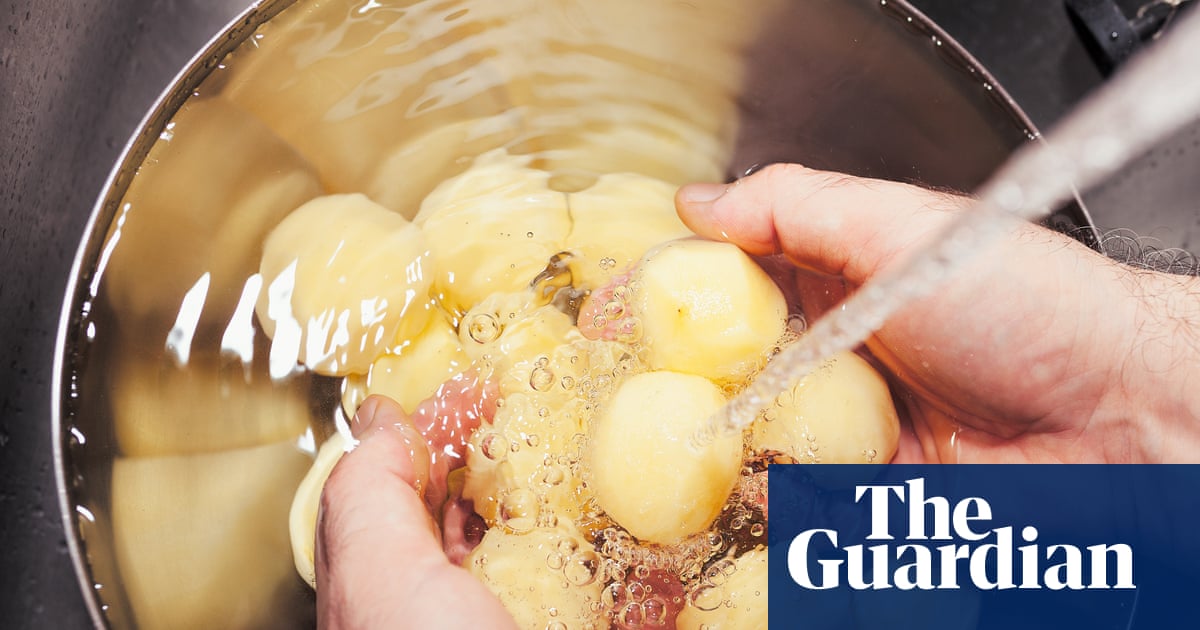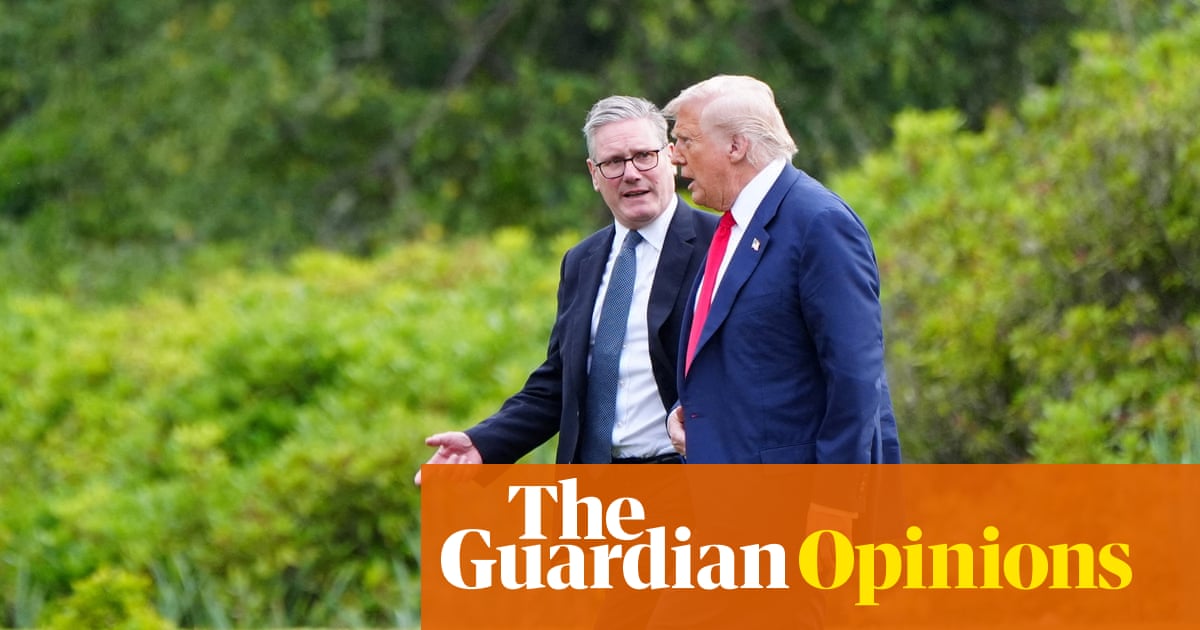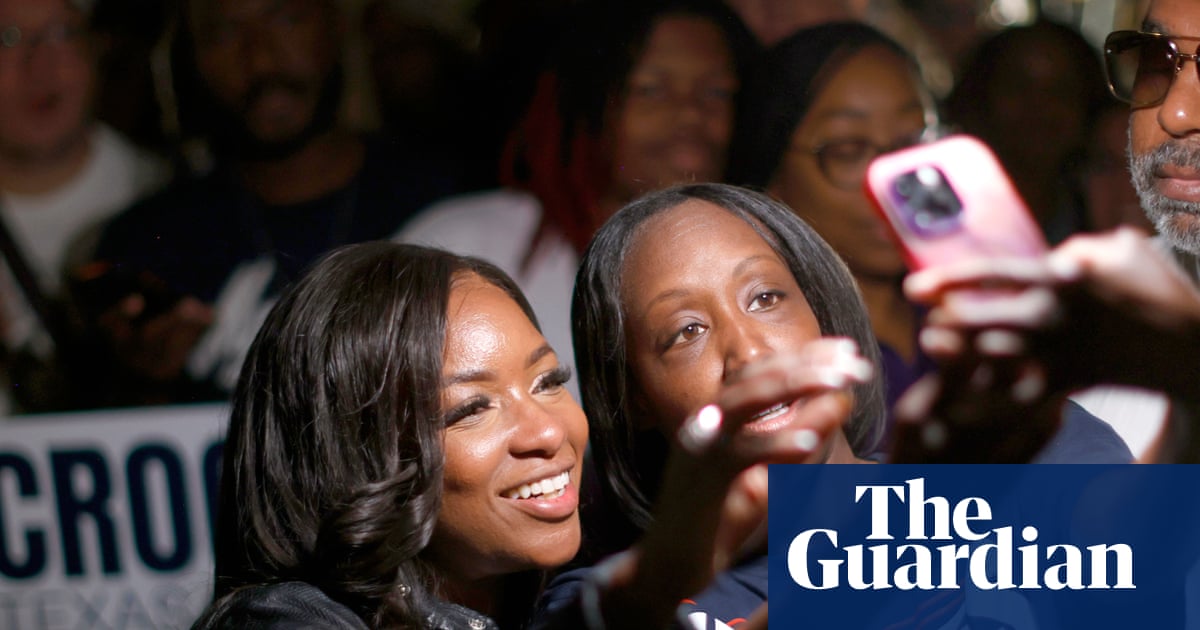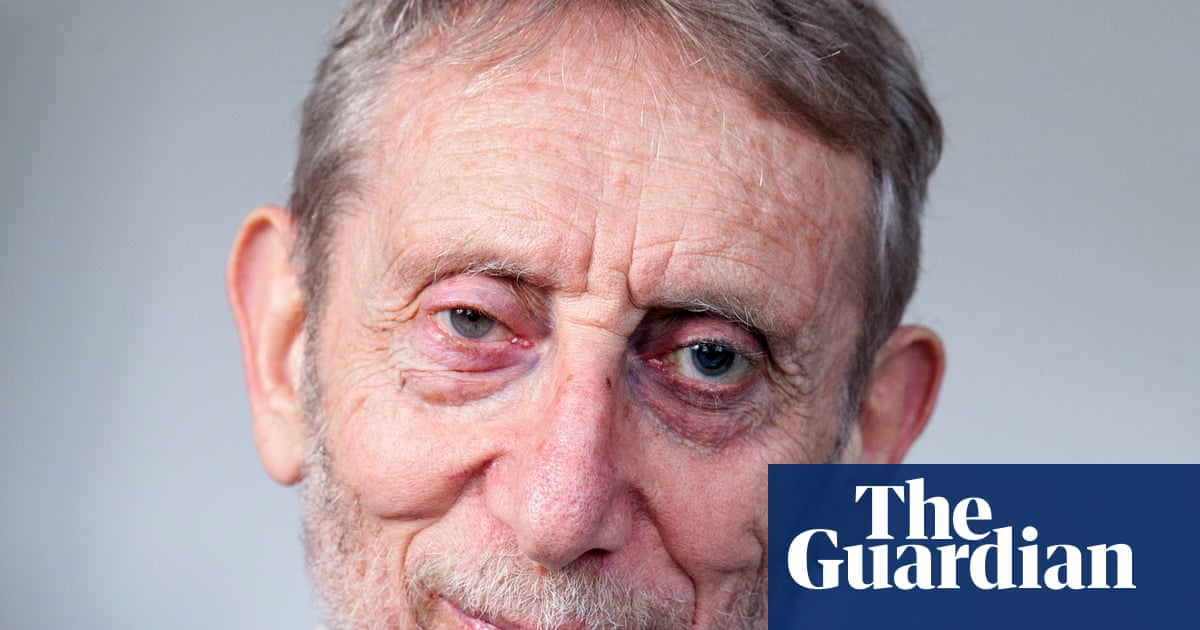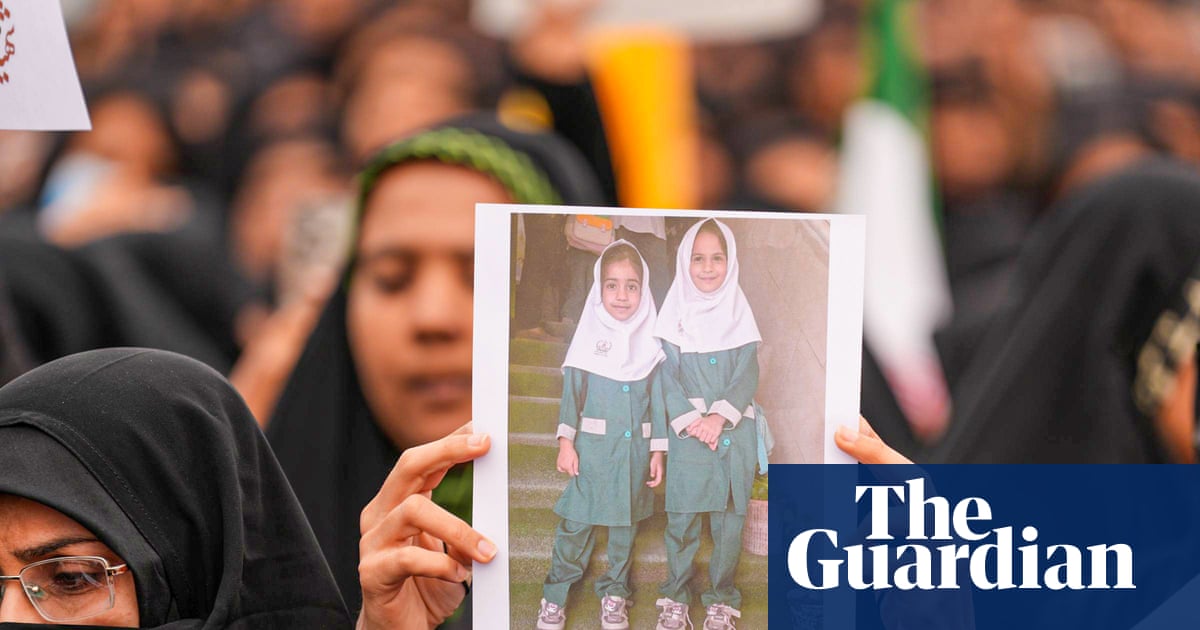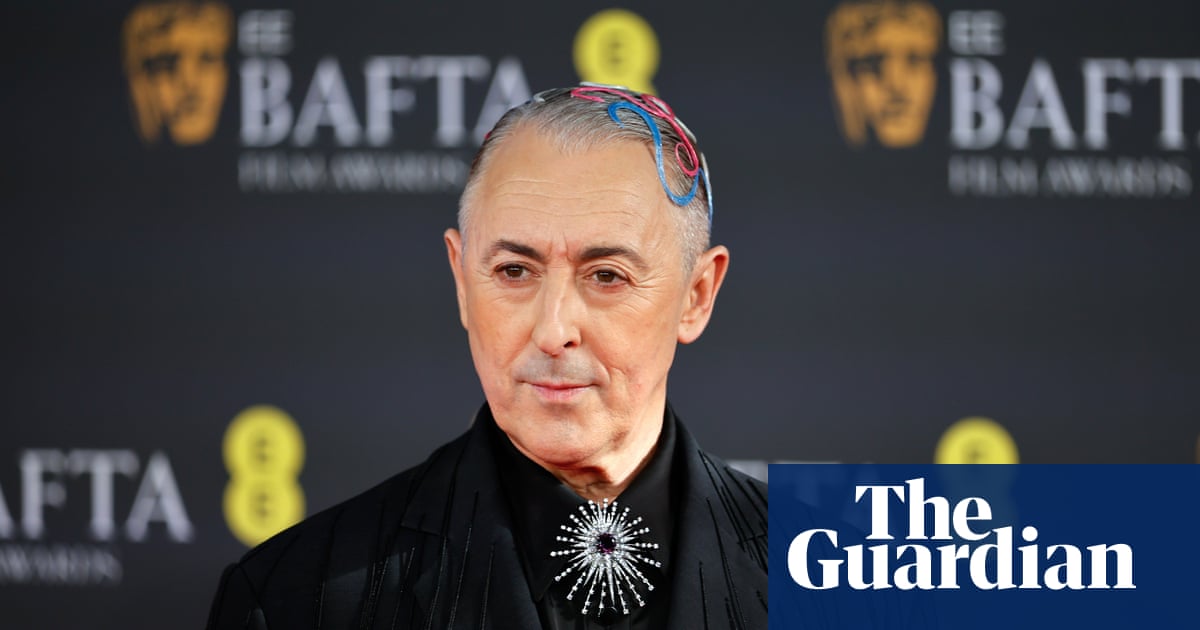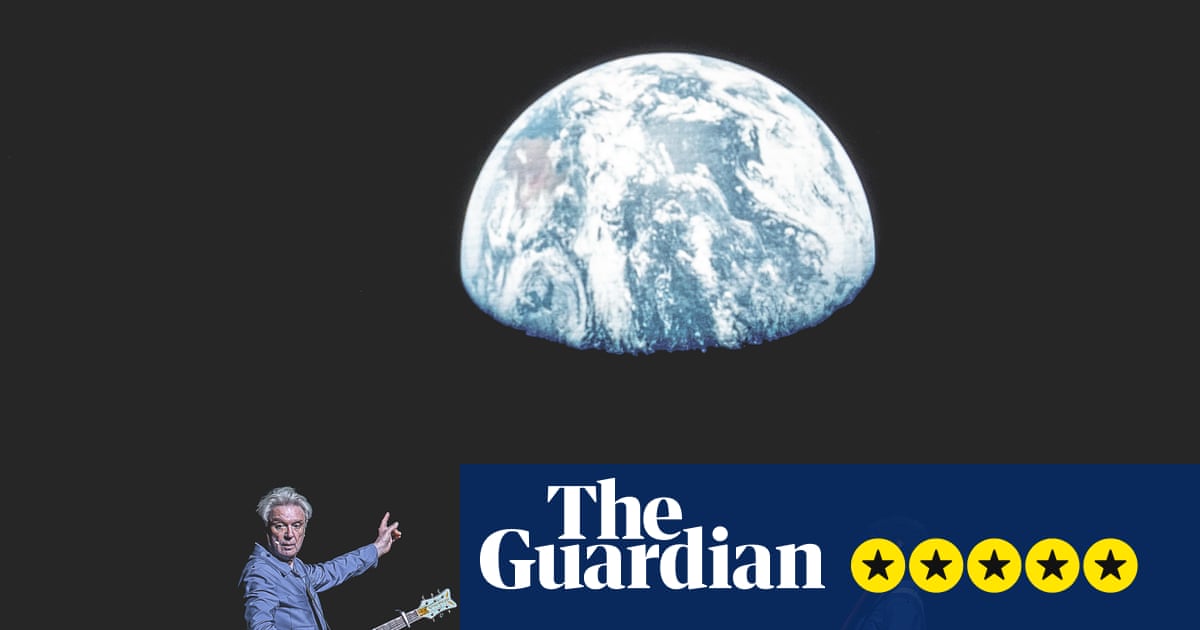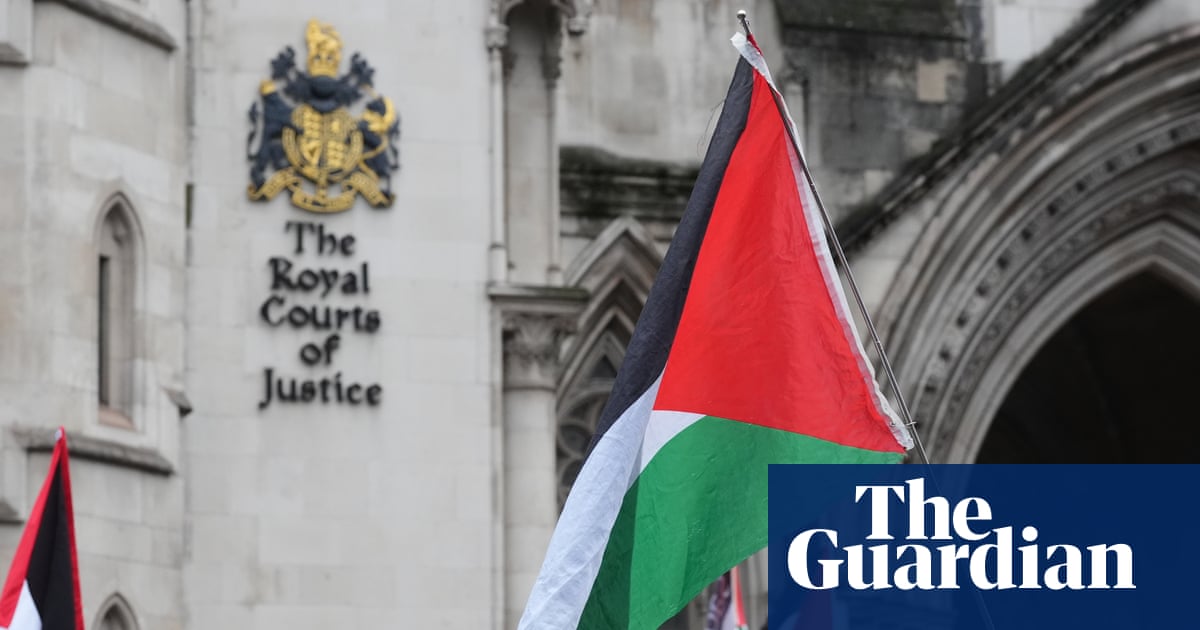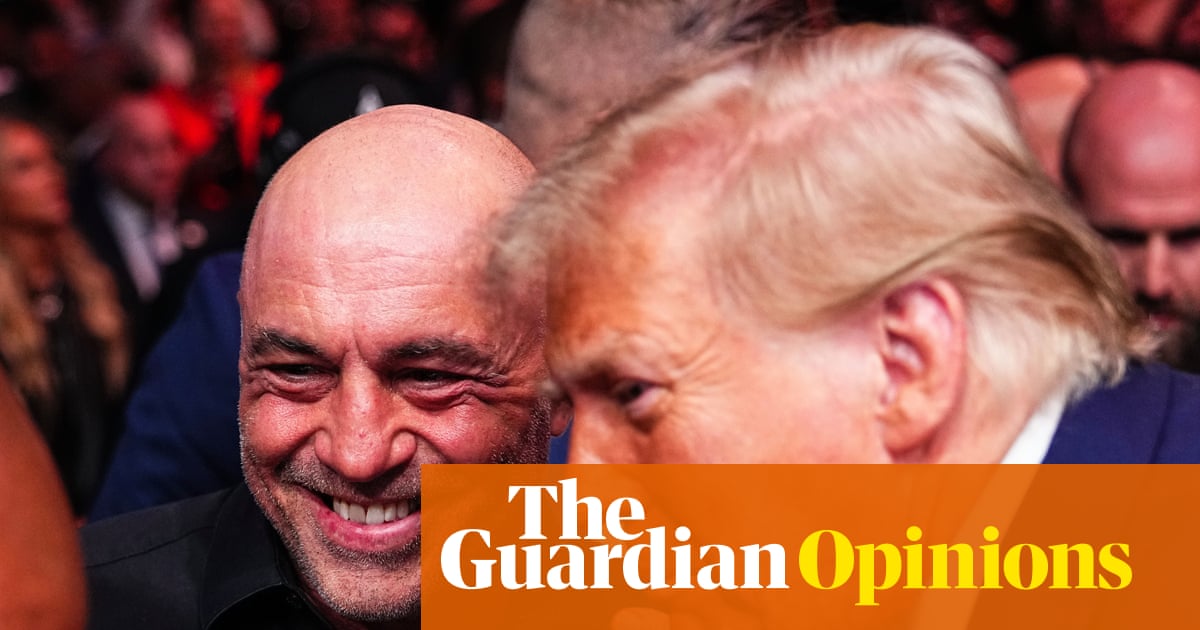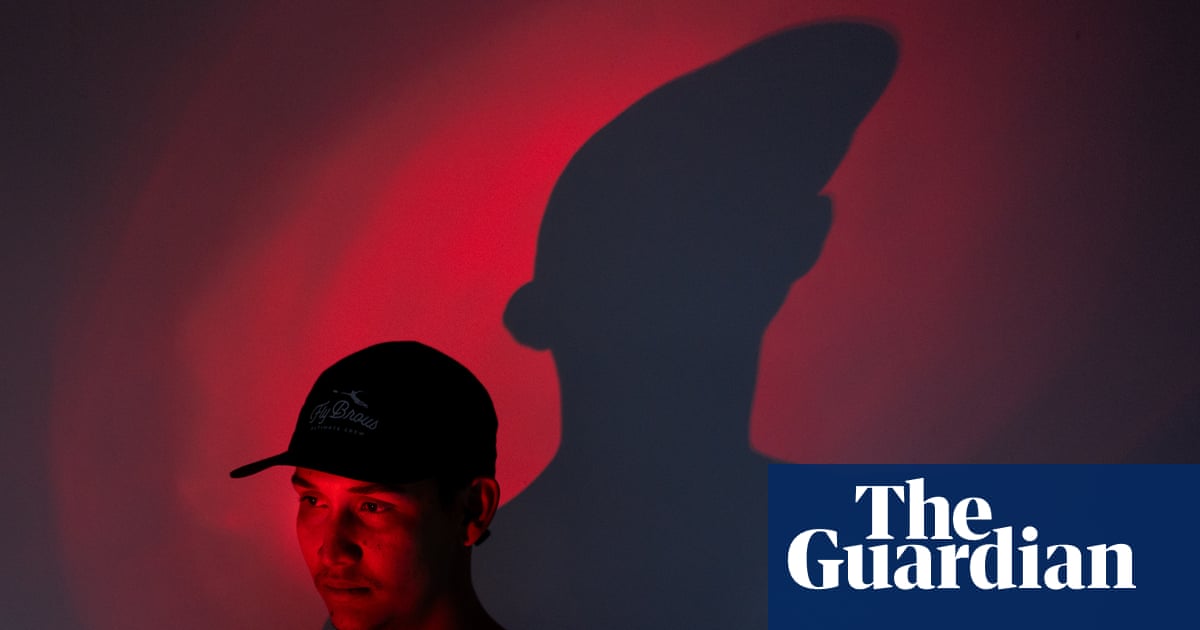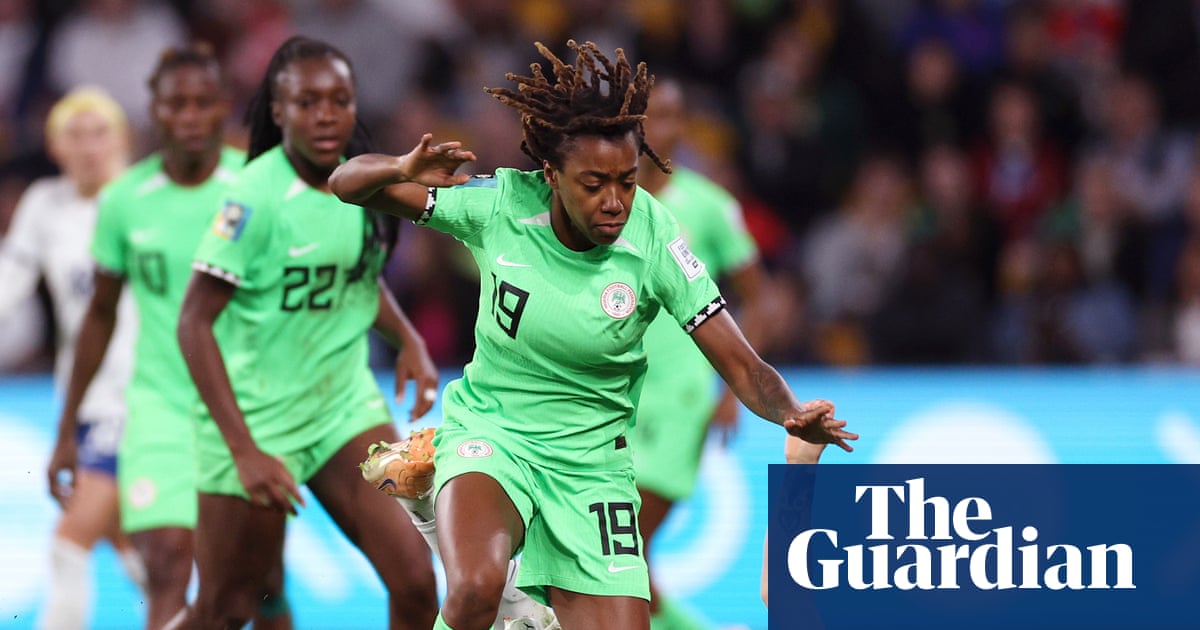A newly published memoir by Spain’s disgraced former king chronicle his anointment as heir to the dictator Francisco Franco, his role in saving democracy from a coup attempt in 1981 and his grief at the death of his younger brother when the two were “playing” with a pistol as teenagers.
The book, published 11 years after Juan Carlos’ abdication and exile, is titled Reconciliation, but it appears to do anything but, instead detailing how he feels abandoned and misunderstood by his son and heir, King Felipe VI, and by other close family members.
This month marks the 50th anniversary of Franco’s death but Juan Carlos, 87, has not been invited to the ceremony, further evidence of what he sees as his rejection and abandonment by both his nation and his family.
Referring to his role in defending Spain’s transition to democracy in the face of the 1981 attempted coup led by Lieutenant-general Antonio Tejero, he wrote: “I gave freedom to the Spanish people by establishing democracy but I was never able to enjoy that freedom for myself.
“Now that my son has turned his back on me out of duty, now that those who call themselves my friends have turned their backs on me, I realise that I have never been free.”
The former king was born in exile in Italy in 1938 during the Spanish civil war. Aged 10 he was summoned to Spain by Franco, who groomed him to be his successor.
“I respected him enormously, appreciated his intelligence and political sense,” Juan Carlos said of Franco. In the 500-page book, published in French on Wednesday and in Spanish next month, he recalls sitting beside Franco as the ailing dictator lay dying in his hospital bed.
“He took my hand and said, as if it was his last breath: ‘Your highness, I ask you just one thing: keep the country united,’” Juan Carlos recalled.
He was crowned king two days after Franco’s death in 1975.
In the memoir he also writes about the death in 1956 of his 14-year-old brother, Alfonso, in Portugal as the pair cleaned a pistol – a case that has never been fully investigated. He writes that it’s the first time he has spoken of the traumatic episode.
“I lost a friend, a confidant. He left a huge void,” he said. “Without his death, my life would have been less bleak, less unhappy.”
Whatever credit he gained from opposing the coup was squandered over the years as news of his extra-marital affairs and allegations of tax fraud emerged. He said he bitterly regretted his long-running affair with Danish-German socialite Corinna zu Sayn-Wittgenstein-Sayn, saying it had harmed his reputation among his compatriots and led to his downfall and self-imposed exile in Abu Dhabi.
after newsletter promotion
Public opinion turned decisively against him at the height of Spain’s financial crisis in 2012 after details emerged of a lavish elephant-hunting trip in Botswana at a time when tens of thousands of Spaniards were losing their jobs.
He abdicated in 2014 and moved to the United Arab Emirates in 2020 in the midst of the Covid pandemic, which cost the lives of nearly 35,000 Spaniards.
Felipe cancelled his €200,000 (£176,000) annual stipend when it emerged that he was the subject of money-laundering investigations in Spain and Switzerland. Both cases were eventually dropped.
He says it was a “grave mistake” to accept a €65m (£57m) gift he received from the late King Abdullah of Saudi Arabia, saying it was “a gift I did not know how to refuse”.
As a man with an allegedly vast but undisclosed fortune, he is unlikely to endear himself to Spaniards with the comment, “I am the only Spaniard who receives no pension after almost forty years of service.”

 3 months ago
110
3 months ago
110
